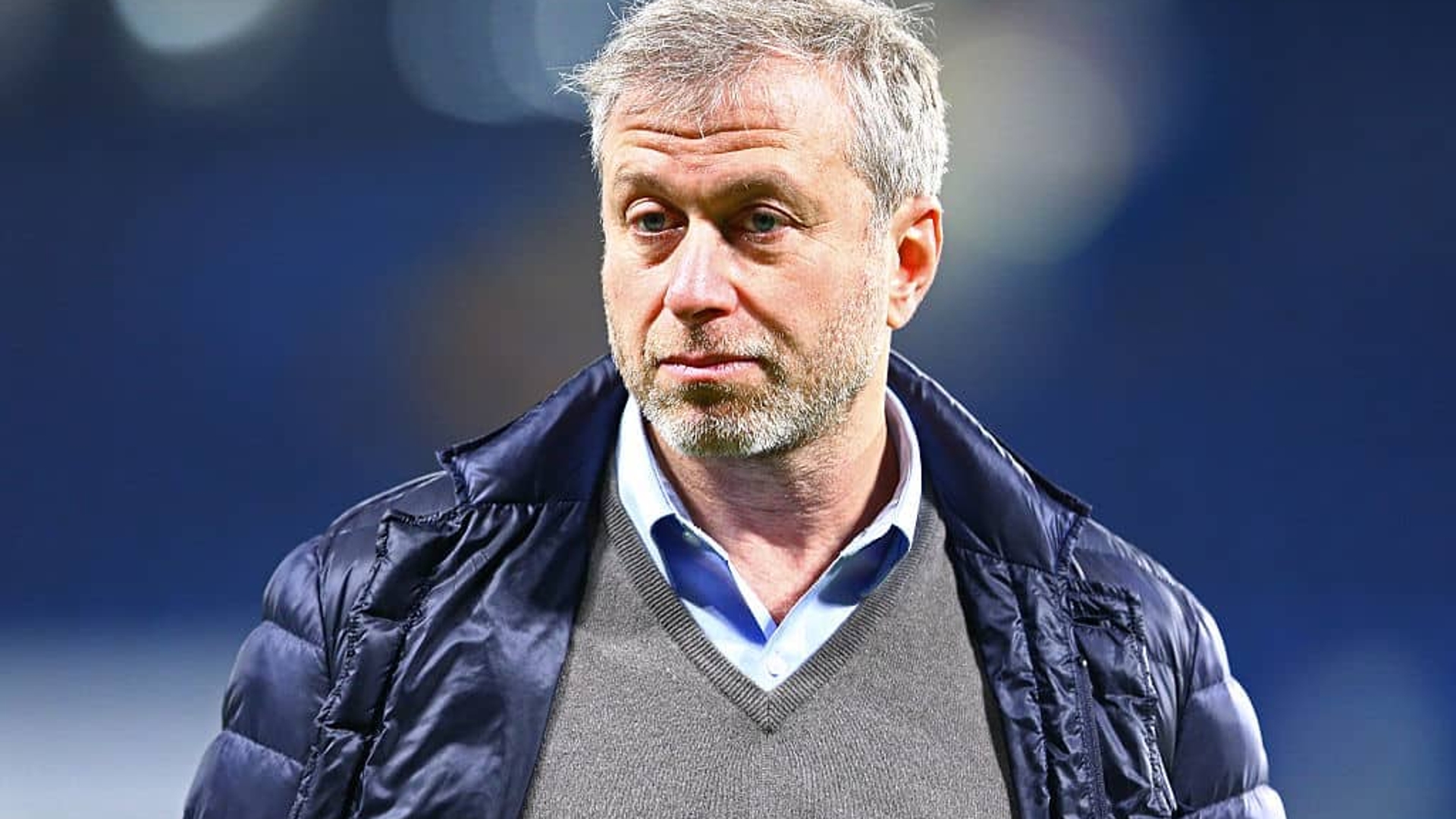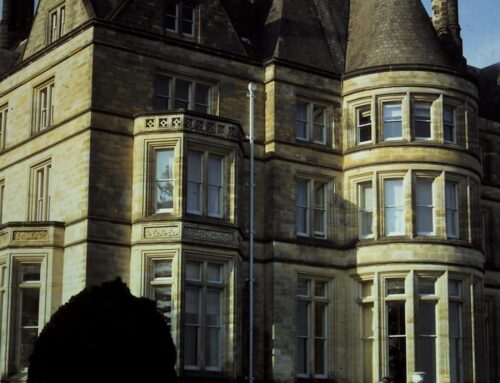13 March 2022 • 10:00am
On 28 October 2016, I received an email from a well-connected former senior MI6 officer who asked me if I had any material about properties in London owned by wealthy Russians. I was a natural person to ask because I had written a book about the Russian oligarchs and had become an expert on the ownership of expensive houses and luxury apartments in central London.
I then discovered that the discreet inquiry was on behalf of the National Security Council who were reviewing the activities and assets of the oligarchs in the UK, including Roman Abramovich. And so I was expecting legislative action soon. After all, I also knew that two years earlier a different former senior MI6 officer who had served in Moscow had privately briefed Theresa May, then Home Secretary, about the dangers of the Russian plutocrats hiding their money in London.
Then the attempted murder of the former spy Sergei Skripal by Russian intelligence operatives in Salisbury in 2018 provided the perfect opportunity to stop – or at least regulate – the flood of Russian oligarch cash into London. ‘We are going after the money’, declared Boris Johnson, then Foreign Secretary.
But nothing happened. A new law which forced offshore companies that bought property in the UK to disclose their beneficial owner was deliberately stalled in classic ‘Yes Minister’ fashion. And yet the government knew that oligarchs like Abramovich were parking their ill-gotten gains in London. A leaked 2019 Home Office memo stated: ‘Abramovich remains of interest to HMG due to his links to the Russian state and his public association with corrupt activity and practices.’
It was no secret that the reclusive Chelsea owner was part of president Putin’s inner circle. When he was sued by fellow oligarch Boris Berezovsky in the High Court, Abramovich admitted that he ‘had, and continues to have, a good working relationship with Mr Putin.’ And Abramovich was fully aware of the symbiotic integral connection between the oligarchs and the Kremlin. In court filings he acknowledged that he had paid $1.3 billion to Berezovsky for ‘political assistance and protection’ in order to secure ownership of the oil company Sibneft, the source of Abramovich’s wealth (he had paid $100.3 million for a majority stake and later sold it back to the Russian state for $13 billion).
But there was a stumbling block within the UK government: an ongoing dispute between the intelligence agencies and financial regulators on the required level of scrutiny and investigation of assets and UK-listed companies owned by Russian oligarchs. This was illustrated by the flotation on the stock exchange of the Russian energy company En+, then owned by Oleg Deripaska, with close ties to Putin, and chaired by former Conservative energy minister Lord Barker. MI6 and the National Security Adviser Sir Mark Sedwill were furious with the Stock Exchange and the Financial Conduct Authority for failing to consult them and conduct the required due diligence of Deripaska and En+.
Intelligence officers argued that this case typified the complacent approach to Russian money in London which the infamous oligarch Berezovsky once told me was ‘70 per cent dirty’.
And now, of course, the government has finally woken up to how the oligarchs used London as a haven to hide their wealth. The sanctions against Abramovich are severe and they are notable for the breadth of the government’s power to sanction an individual. But the criteria for qualifying to be sanctioned is remarkably low. He is merely accused of being ‘associated’ with Putin and benefitting in return – tax breaks for his companies, buying assets from the state at favourable rates and lucrative contracts in the run-up to the 2018 World Cup.
I asked Robert Dalling, a partner at Jenner and Block and a leading sanctions specialist lawyer, about the Abramovich sanctions. He highlighted the sanction concerning his shareholding in Evraz plc which the government says is ‘potentially’ supplying steel to the Russian military for use in tanks (which the company denies). ‘Note that the law does not require proof of any such supply’, Dalling told me. ‘The government only needs “reasonable grounds” to suspect this is happening. All of this rather cuts against suggestions made by some (including some within government) that the test for sanction designation under UK law is unduly onerous.’
This analysis suggests that it would have been relatively easy for HMG to act against the oligarchs well before the Ukraine war. As for the future of Chelsea football club, Abramovich has resigned as a director and the government has issued a licence to permit fixtures to be played and existing ticket-holders to attend matches. But buying and selling players will now not be possible until sanctions are lifted and a further licence is granted.
The problem for Abramovich is that he cannot sell Chelsea and donate the money to third parties. ‘It has been suggested that the “net proceeds” of the sale will go to charity which may reduce the difficulties (or running the club), but how exactly that transaction would be structured is far from clear,’ said Dalling. ‘If any consideration at all is to be paid to Abramovich, a licence would be needed. The government’s apparent desire to see Chelsea continue as a club means that it may well be prepared to grant a licence for a sale.’
As for Abramovich, he will divide his time between Moscow, Israel (where he has citizenship) and on one of his yachts off the coast of Sardinia or St Barts. The slight, painfully shy Oligarch with an uncanny strategic instinct and a supreme negotiator is usually two steps ahead of the game. This time he has been caught off-balance. But he is a survivor. After all, Abramovich was virtually an orphan. He lost both of his parents before the age of three. His mother died at 28 on the eve of his first birthday and within two years his father, a supply chief for a construction company, was felled by an errant crane. He was brought up by uncle and started out by selling toys on the Moscow streets.
And so the UK authorities have finally caught up with Russia’s wealthiest and best-known oligarch. It has taken a war to do so. The government’s track record on dealing with London being a haven for hiding Russian kleptocrats’ wealth has been one of timidity, obfuscation and prevarication. Hopefully the next time floods of foreign cash start flooding into London’s streets, they will be more alert.






